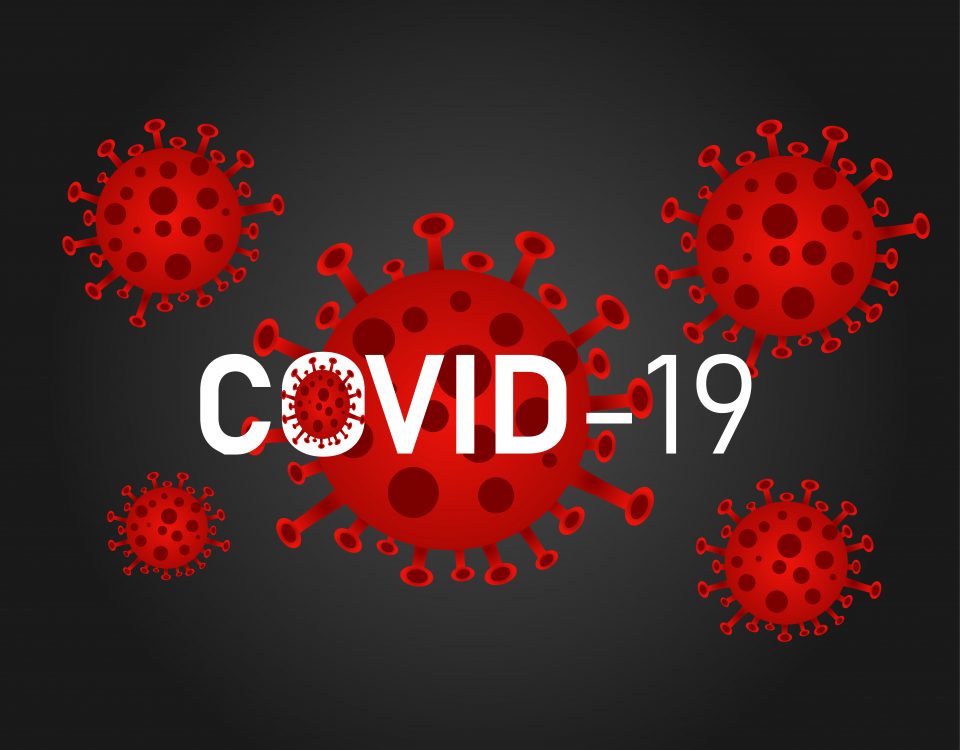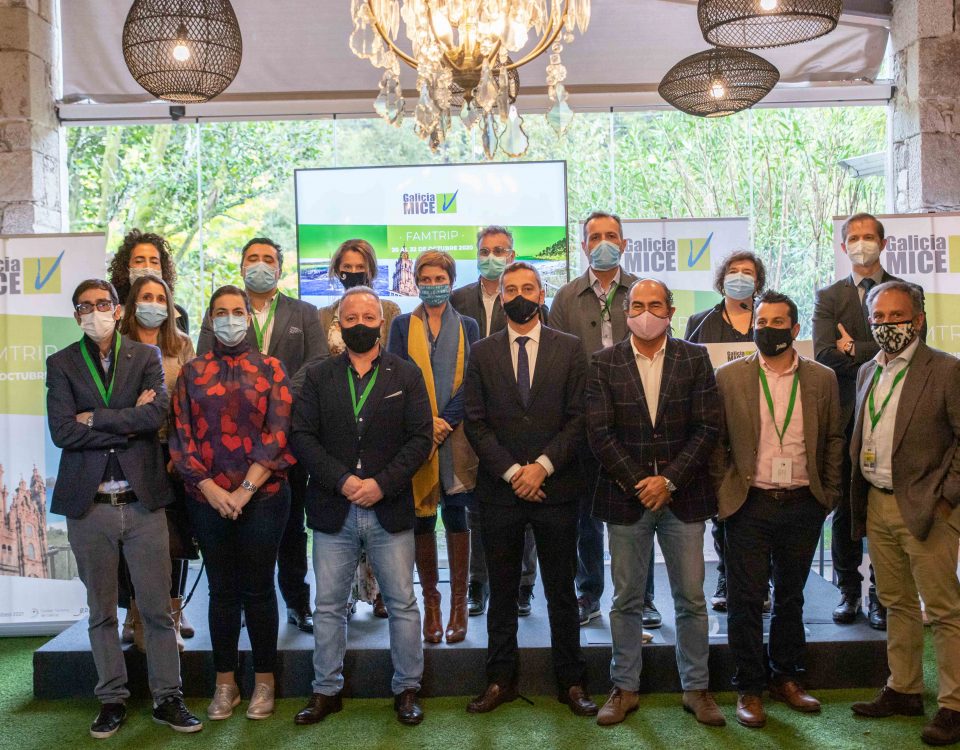- El mejor turismo de galicia
Activities
The initiative faces its final stretch after the excellent reception throughout the tourism establishments in Galicia.
A total of 64 companies and tourist establishments in Galicia have already taken part in the on-line advice and consultancy program “Tourism 100×100” promoted by the Galicia Tourism Cluster with the support of the Galician Tourism Agency.
“Turismo 100×100” offers companies advice focused on a specific area with a duration of up to 10 hours divided into five “on-line” meetings. The areas are strategic planning, legal, finance, tax, human resources, labor, marketing and sales or new technologies.
The program is now facing its final stretch after the excellent reception it has had so far and interested tourism companies can still process their participation in the following ways:
More information on the webpage.
Página anterior
123456789101112131415161718192021222324252627282930313233343536373839404142434445464748495051525354555657585960616263646566676869707172737475767778798081828384858687888990919293949596979899100101102103104105106107108109110111112113114115116117118119120121122123124125126127128129130131132133134135136137138139140141142143144145146147148149150151152153154155156157158159160161162163164165166167168169170171172173174175176177178179180181182183184185186187188189190191192193194195196197198199200201202203204205206207208209210211212213214215216217218219220221222223224225226227228229230231232233234235236237238239240241242243244
Página siguiente



